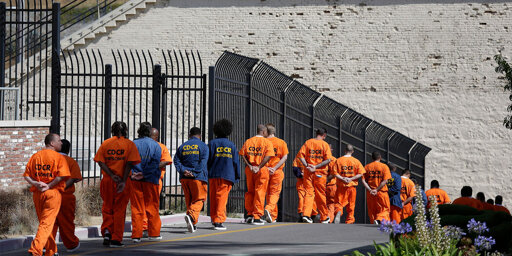

Because, as the article states, many countries have been trying to control the weather for decades with varying success.
Use the term “modify” instead of “control” if you like, but pretending that countries aren’t trying to control the weather is exactly why conspiracy theorists gain legitimacy and many journalists lose credibility.
The point of the article is that technically, technically, conspiracy theorists could be wrong about weather control if we struggle to split hairs about what “weather control” is, but telling ourselves stories to deny reality is the same problem that “conspiracy theorists” have.
If you deny a historical, documented conspiracy(secret plan) that took place, you lack credibility the same as a theorist without evidence. Conspiracies are real, they are secret plans, and they have definable limits like everything other plan that exists.
“Yes, there was a secret plan to seed rainclouds.” That secret plan was a conspiracy to control the weather.
No, that conspiracy did not result in a super cyclone, there’s no evidence for seeding rainclouds having the ability to lead to a super cyclone. Anyone who asserts that is incorrect according to the available evidence.
Conspiracies to control weather still happened.
Facts defined by reasonable accuracy.






















Rarely as a kid, but I pushed for adult discussions when I got older because otherwise I would never talk to them and it was clear they wanted to talk to me.
They only wanted to talk about inconsequential things, which is boring so no thanks.
So whenever I talked to my mom or dad after like 25 or something, I resolved to only talk about things I was actually interested in, and to cut short in consequential conversations and steer back to interesting topics, things I normally didn’t talk to my parents about (drugs, relationships, philosophy), and eventually one topic or another got their attention (my mom told me about smoking pot in high school), and I continue trying to be as honest as I could with them because I don’t want a relationship with someone comprised entirely of small talk, but I don’t want to ignore my parents either.
I definitely think there’s a correlation between how you’re brought up and your relationship with your parents now, my parents implicitly taught me not to bring up consequential life topics to them as a child, and I had to recognize and actively fight against that terrible lesson as an adult in order to have any sort of mature, human relationship with either of them.